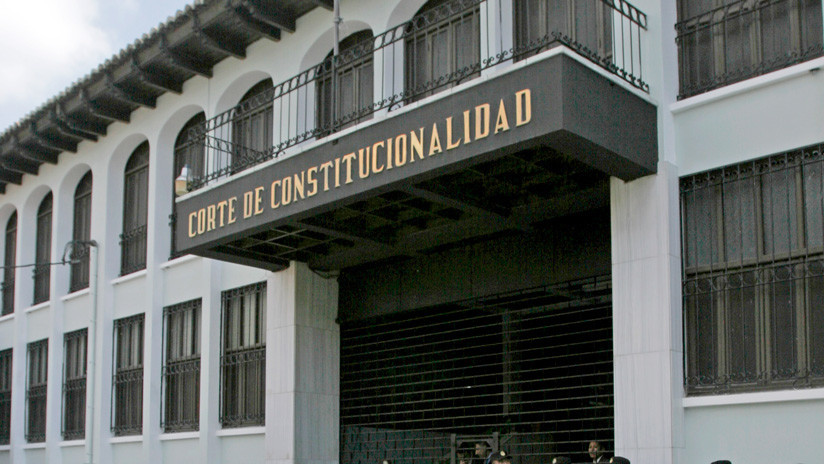
Guatemala
Impact | Negative
Civicus Rating | Obstructed
On May 12, the Constitutional Court decided to annul the provisional injunction suspending the entry into force of a reform to the Law on Non-Governmental Organizations for Development, enacted in February 2020. With this decision, the government – through the Ministry of the Interior – is empowered to prohibit the operation of social organizations which it considers to be “altering the public order”, to sanction them and to control their financial flows.
Until now, the norm had been suspended by a decision of the same Constitutional Court that on March 2, 2020 granted the amparo appeals requested by several civil society organizations.
What has changed now? In April 2021, the members of the Court were replaced by others more sympathetic to the government of President Alejandro Giammattei. The new judges argued that the amparos were inadmissible since “the acts of sanction and promulgation of a law cannot constitute a threat”. Given that the Constitution establishes that “it corresponds to the Executive Branch to enact and publish bills sent to it by the Legislative Branch”, it is “improper and unwise to try to prevent, by means of the amparo, that such authority fulfills one of its constitutionally assigned functions”.
This ruling, which ignores the fundamental issue, was questioned by local and international civil society organizations, and by the government of the United States. The IACHR and the Office of the Special Rapporteur for Freedom of Expression issued a statement rejecting the reforms for restricting citizen participation, freedom of association and expression.
Organizations such as the Network of Women Human Rights Defenders of Guatemala and the International Center for Human Rights Research (CIIDH, in Spanish) argued that the law constitutes a democratic setback that will limit “the full exercise of the rights to freedom of organization and expression of thought.”


